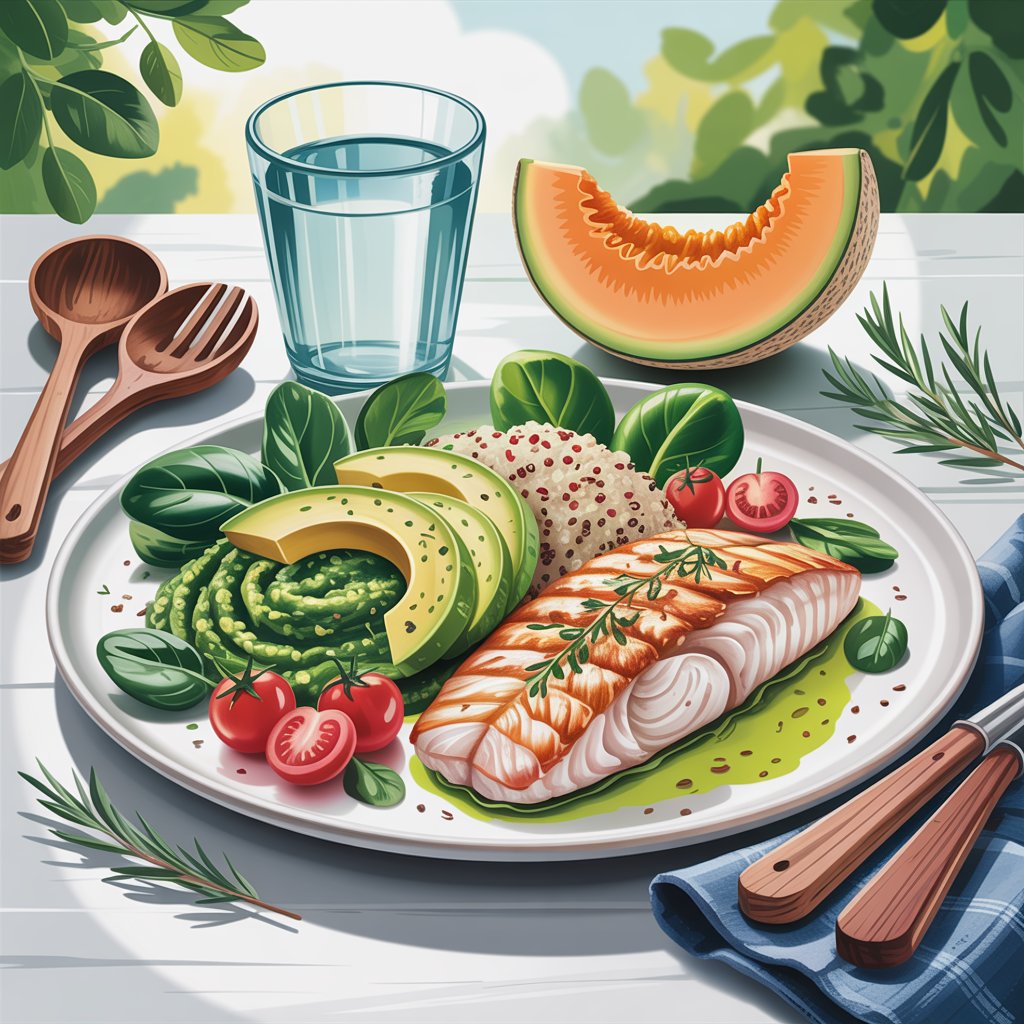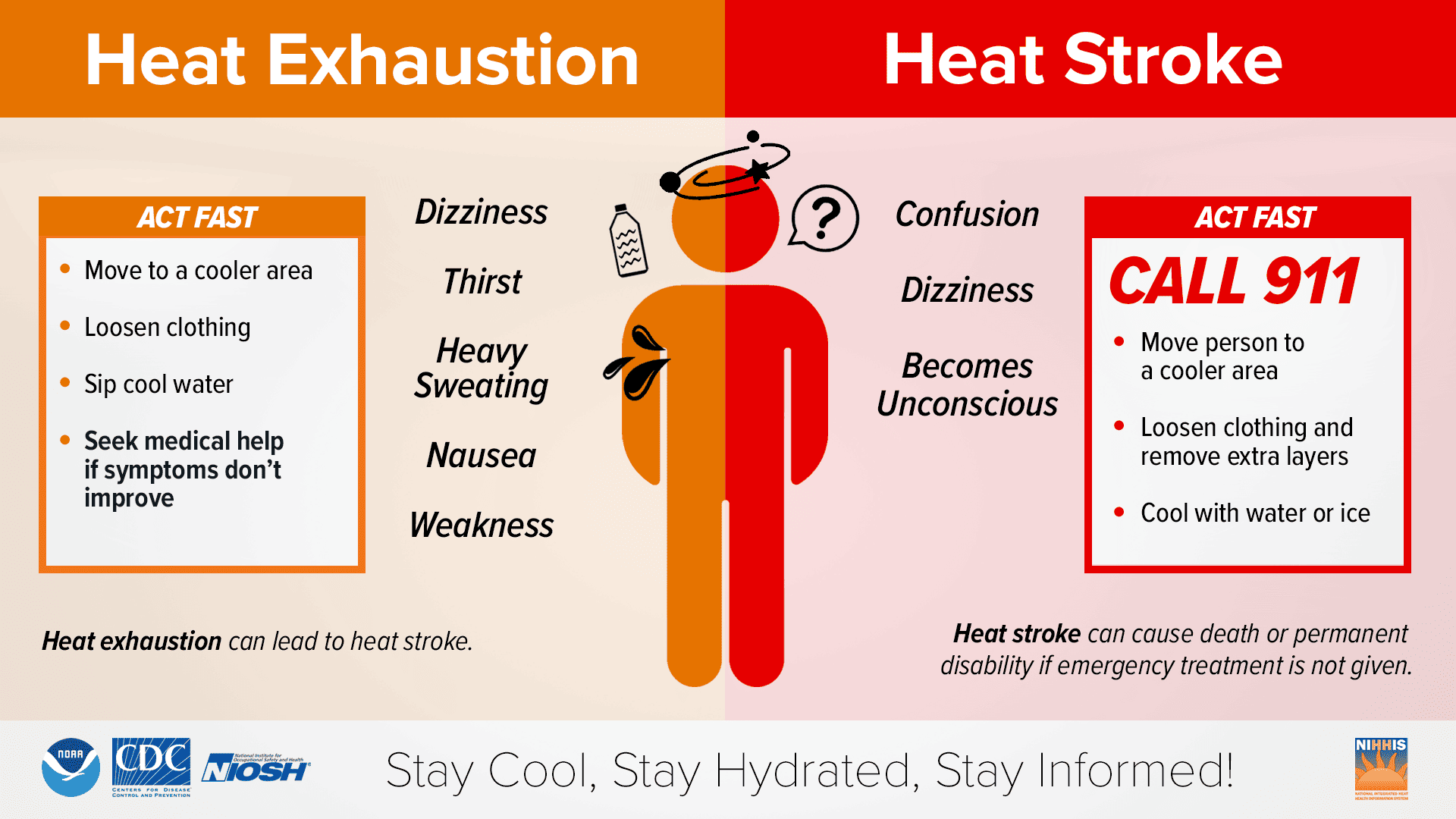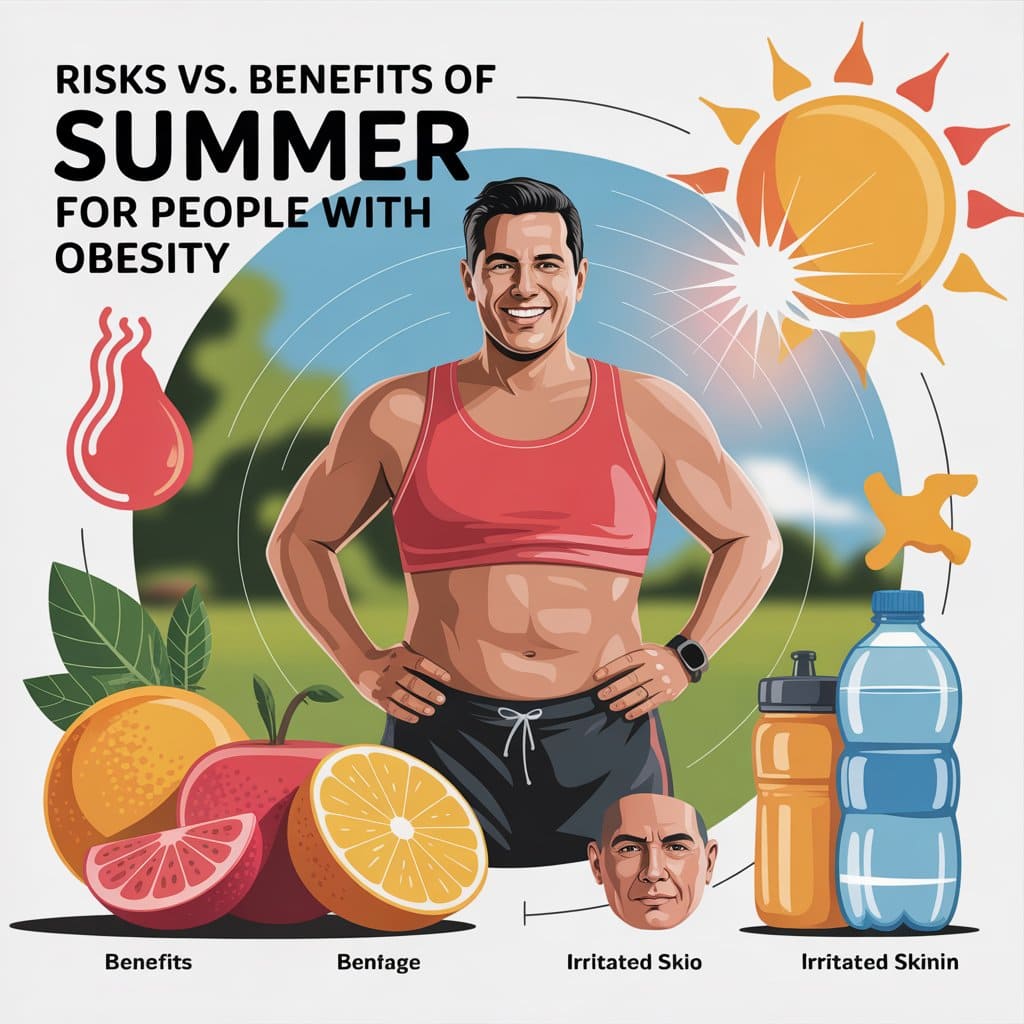
Introduction
Healthy nutrition is far more than random eating habits; it is the cornerstone of a strong body and a sound mind. Our daily food choices profoundly impact our lives, not only in the short term but in terms of long-term physical and mental well-being. The art of healthy eating is a conscious, creative pursuit of balance between the body’s needs and the energy provided by food.

Main Elements of Healthy Nutrition
1. Healthy Carbohydrates
Carbohydrates are the body’s primary energy source. Choosing natural options such as whole grains, sweet potatoes, and oats over refined sugars and processed foods supports stable energy levels and better metabolic health.
2. Proteins
Proteins play a vital role in muscle building and tissue repair. Excellent sources include lean meats, fish, eggs, and legumes. A balanced intake ensures cellular regeneration and strong immunity.
3. Healthy Fats
Contrary to popular belief, healthy fats are essential for brain and nervous system health. Opt for unsaturated fats from olive oil, avocados, and nuts to enhance cognitive function and hormone balance.
4. Vitamins and Minerals
Micronutrients like vitamin C (for immunity) and calcium (for bone health) are vital. A colorful diet rich in fruits and vegetables ensures the body receives a wide range of essential nutrients.
5. Hydration
Water is often the forgotten hero in nutrition. Drinking 2–3 liters daily maintains hydration and supports mental and physical performance.
Balanced Nutrition: The Secret to Good Health
Balanced nutrition means giving your body the right nutrients in the right proportions. This can be achieved by dividing meals into three well-rounded portions:
- Breakfast: Oatmeal with milk, fresh fruits, and nuts.
- Lunch: Grilled chicken breast with brown rice and a green salad.
- Dinner: Lentil soup with whole grain bread and natural yogurt.
Healthy snacks: A piece of fruit, a handful of nuts, or veggie sticks with hummus.
Practical Tips for Adopting Healthy Nutrition
- Meal Planning: Weekly meal plans help save time and promote dietary variety.
- Read Food Labels: Check for added sugars and high saturated fats.
- Limit Processed Foods: Home-cooked meals offer better ingredient control.
- Avoid Sugary Drinks: Choose water, green tea, or unsweetened natural juices.

How Healthy Nutrition Boosts the Immune System
Introduction
The immune system is the body’s first defense against disease. Nutrition plays a critical role in strengthening it by supplying the nutrients it needs to function effectively.
Immunity-Boosting Foods
- Vitamin C-rich foods: Oranges, grapefruits, bell peppers—promote white blood cell production.
- Zinc sources: Nuts, seeds, red meat—essential for immune cell development.
- Probiotic-rich foods: Yogurt and kimchi—support gut health, which influences immunity.
Role of Antioxidant Foods
Antioxidants neutralize free radicals that may damage cells.
- Examples:
- Blueberries: Rich in flavonoids.
- Spinach & carrots: High in beta-carotene.
Common Mistakes to Avoid
- Lack of dietary variety: Limits essential nutrient intake.
- Excessive sugar: Weakens the immune response.
- Alcohol overconsumption: Suppresses immune function.
Nutrition and Mental Health: A Deep Connection
Introduction
Mental health is intricately linked to what we eat. A nutritious diet improves mood, reduces stress, and enhances concentration.
Key Foods for Mental Wellness
- Omega-3 Fatty Acids: Support brain function and mood—found in salmon, flaxseeds.
- Magnesium: Eases anxiety—available in almonds, spinach, legumes.
- Probiotics: Promote gut-brain axis health—found in yogurt and fermented foods.
Mood and a Balanced Diet
Consistent meals rich in proteins and complex carbs help stabilize blood sugar, reducing mood swings.
Stress-Related Foods
- Stress-inducing: Sugary foods and caffeinated drinks raise cortisol levels.
- Stress-reducing: Dark chocolate and green tea contain calming antioxidants.
Conclusion
Healthy nutrition is not just about meeting bodily needs; it’s a way of life that fosters a strong body and a resilient mind. By embracing balanced eating habits, you pave the way for greater energy, mental clarity, and overall well-being.
Key Points Summary
- Prioritize whole foods over processed ones.
- Hydrate regularly.
- Ensure variety and balance in every meal.
- Strengthen immunity with vitamins, zinc, and probiotics.
- Support mental health with omega-3s, magnesium, and a healthy gut.
Chart: Nutrients and Their Benefits
| Nutrient | Food Sources | Health Benefit |
|---|---|---|
| Vitamin C | Oranges, Bell Peppers | Boosts immune system |
| Omega-3 | Salmon, Flaxseeds | Enhances brain function & mood |
| Magnesium | Almonds, Spinach | Reduces anxiety and stress |
| Zinc | Red Meat, Seeds | Strengthens immunity |
| Probiotics | Yogurt, Kimchi | Improves gut and mental health |
References
- Harvard T.H. Chan School of Public Health. (2023). Nutrition and Immunity. https://www.hsph.harvard.edu
- World Health Organization (WHO). Healthy Diet Facts. https://www.who.int
- Mayo Clinic. Healthy Eating Basics. https://www.mayoclinic.org
- Wikipedia: Nutrition https://en.wikipedia.org/wiki/Nutrition
- National Institutes of Health (NIH). Nutrients and Mental Health. https://www.nih.gov








